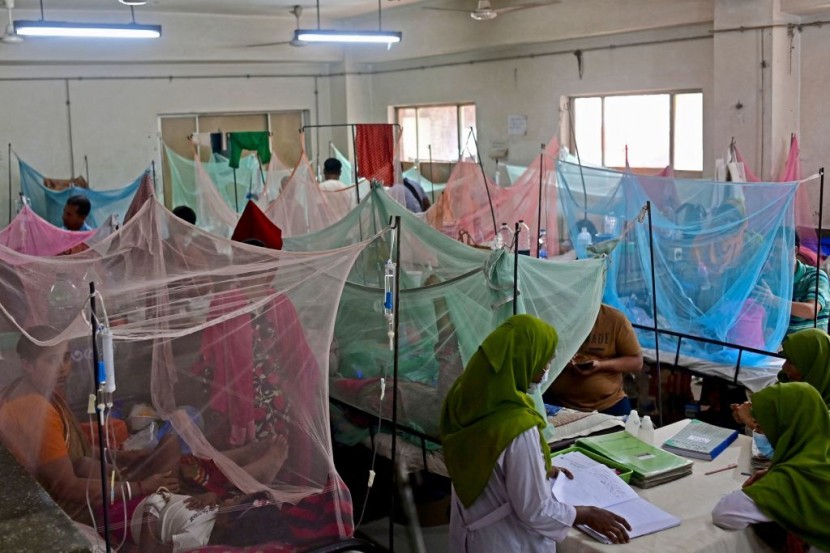
Bangladesh has recorded over 300 deaths due to dengue infections this year, with over 63,000 others still in hospital.
According to The Week, the dengue outbreak this year has been the deadliest ever recorded in its history, with people across Bangladesh being urged by authorities to use mosquito nets and to kill any mosquito larvae they find.
The World Health Organization said about half the world's population is at risk of dengue fever, which is more common in tropical and subtropical climates. The most common symptoms are headache, nausea, body aches, fever, and rash, but not everyone who becomes infected reports symptoms.
Meanwhile, people experiencing severe dengue could experience organ failure, which could lead to death.
Climate Change Causes Dengue to Spread, WHO Says
The WHO added that climate change is the primary culprit of the outbreak of dengue, especially in tropical areas, where it causes warmer and wetter weather, typical conditions for mosquito breeding.
WHO official Raman Velayudhan said dengue is a problem "linked mostly with climate change" and people must find ways to mitigate its impacts at every country level. After the monsoon season is over in October, he expects to see even more dengue cases in Bangladesh and other Asian countries.
Mushtaq Hossain, a senior adviser to Bangladesh's Institute of Epidemiology, Disease Control, and Research, concurred with the perspective, writing in an opinion piece for the Bangladesh Pratidin that the number of people hospitalized for dengue could keep rising all the way through November. Despite extra beds being put in hospitals, the country is "not adequately prepared to deal with dengue," he said.








